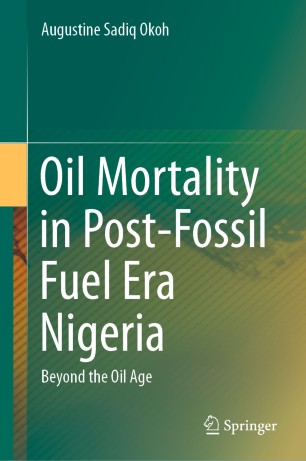

Most ebook files are in PDF format, so you can easily read them using various software such as Foxit Reader or directly on the Google Chrome browser.
Some ebook files are released by publishers in other formats such as .awz, .mobi, .epub, .fb2, etc. You may need to install specific software to read these formats on mobile/PC, such as Calibre.
Please read the tutorial at this link: https://ebookbell.com/faq
We offer FREE conversion to the popular formats you request; however, this may take some time. Therefore, right after payment, please email us, and we will try to provide the service as quickly as possible.
For some exceptional file formats or broken links (if any), please refrain from opening any disputes. Instead, email us first, and we will try to assist within a maximum of 6 hours.
EbookBell Team

0.0
0 reviewsThis book provides an insight into the complexities of weaning Nigeria from its fossil fuels addiction while growing the economy on low carbon trajectory. Nigeria faces a carbon catch 22 with the proliferation of renewable energy alternatives and scale-up of electric vehicles. The dilemma Nigeria is confronted with is to grow its fossil-led economy or face the challenge of its fossil infrastructure becoming stranded assets. It is a roadmap for plotting an environmentally benign path out of the country’s economic, social and environmental crises. This book is, therefore, a valuable resource for students, Civil Society Organizations, policymakers, academics and climate change adaptation practitioners who are interested in finding an environmentally sensitive path out of Nigeria’s economic cul-de-sac fostered by the decarbonization of the global energy economy. Findings of this study will trigger a national conversation on the looming exit from fossil fuels. In doing so, accelerate the integration of renewable energy into the Nigerian national development plan while building a carbon neutral society. Lessons learnt from the handling of Nigeria’s precarious circumstance will be of immense benefit to other oil prospecting, oil producing and non-producing nations who are interested in finding an equitable way of pursuing two inversely related goals of meeting their decarbonization commitments while simultaneously growing their economies in the post-Paris era.